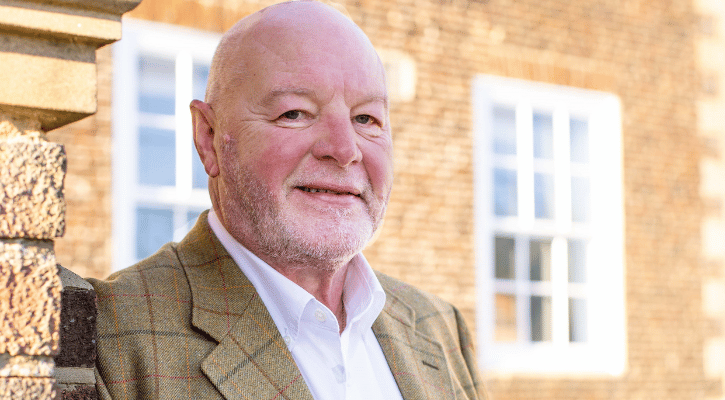AN AWARD-WINNING business coach has called for taxation to be taught in school to help “underprepared” Brits for adulthood.

Studies have shown that most UK adults have a poor grasp of money management issues such as taxation and expenditure.
While basic financial education has formed part of the English national curriculum in maths since 2014, taxation isn’t included in part due to its complex, ever-changing nature.
Ahead of the July 4 election, Ian Kinnery - a previous European Business Coach of the Year recipient - has urged political parties to ensure “real world” life and business skills are included as part of a beefed-up national curriculum.
“It is appalling that millions of young people are leaving school underprepared for the working world, with little knowledge of concepts such as taxation, cashflow and finance,” said Ian.
“We encounter them throughout our lives, so the fact they aren’t a more prominent part of their education is baffling and something the next Government should urgently reconsider.”
A major 2019 study by Deloitte revealed that 78 per cent of Brits admitted to not knowing enough about tax, while over three-quarters of those polled believed tax skills should be taught in school.
And Ian added: “Taxation is just one of several real-world topics that should be given far more prominence in the curriculum.
“Money management, and finance, should be taught as a stand-alone subject and not just shoehorned into maths lessons.
“Pupils should feel confident around topics like cashflow, profit and finance and also the difference between personal and corporate taxation.
“We need to grow our economy, so arming youngsters with the real-world business skills needed to become entrepreneurs is a vital step in doing that.”
The County Durham-based coach discussed topics with Opportunity Global co-founder Michaela Reaney on his new podcast, launched as part of his ‘Changing World of Work’ series.
And it wasn’t just money management, with Ian also calling for more focus on developing life skills – from learning personal responsibility to the art of winning friends and influencing people.
“A lot of these skills would have once been taught by good parents and the extended family, but in the changing workplace, we are seeing fewer people who possess them.
“It could be that they are no longer taught as much as at home, and maybe that’s because it takes a village to raise a child – and there are no longer any villages.
“But we must be making an effort to ensure that these skills, which are so crucial in our changing world of work, are still being taught and that’s why they must be prioritised in the classroom.”
To watch Ian and Michaela’s discussion, visit https://www.youtube.com/watch?v=_El8rWvSeKY








